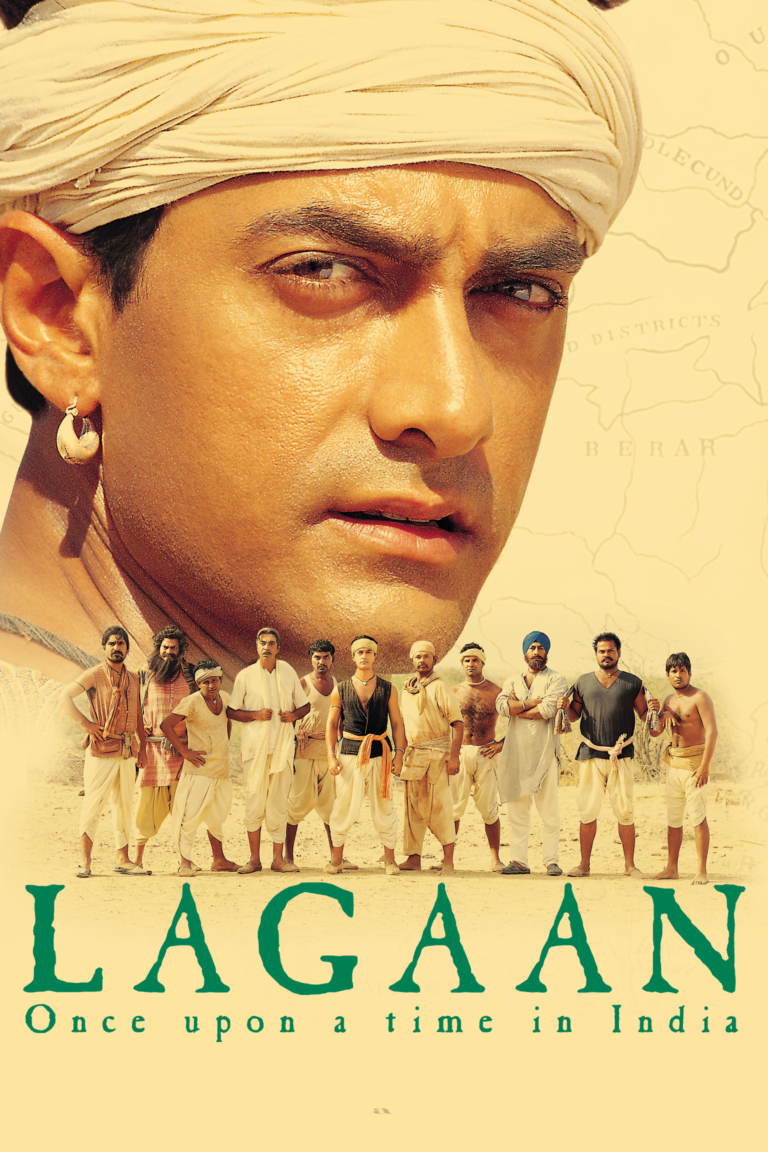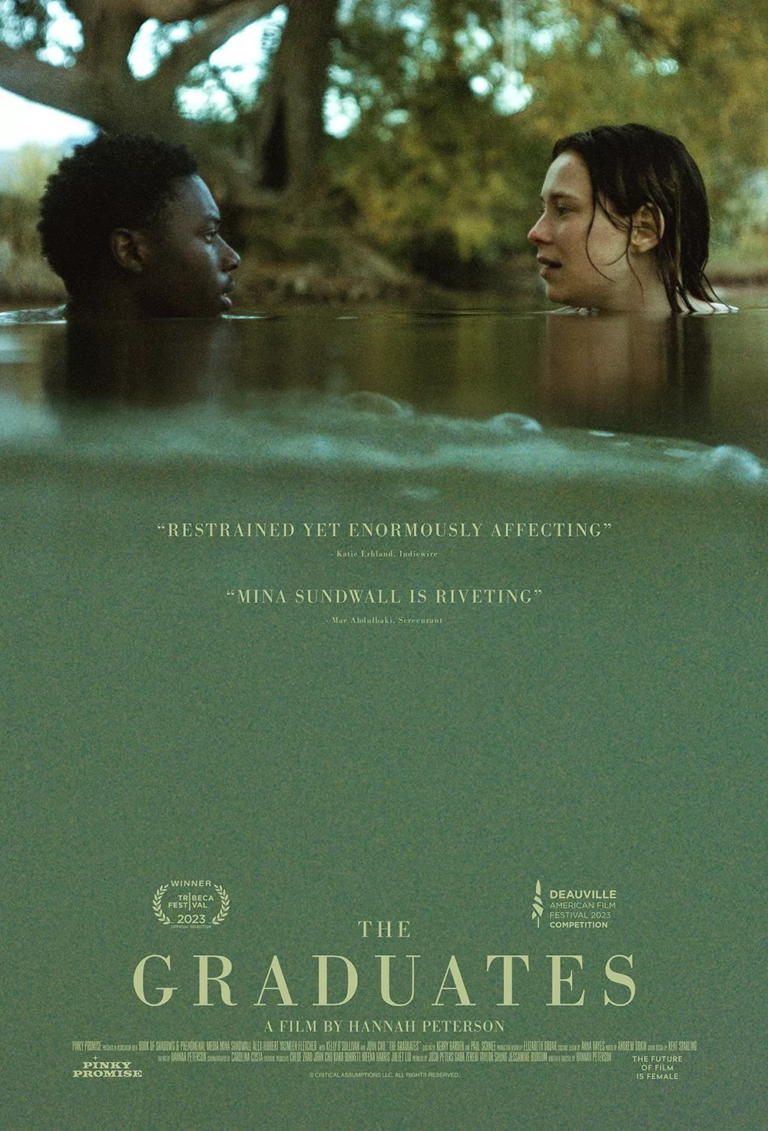Joy Christian Review

Joy isn’t just a movie—it’s a quiet journey into the heart of what makes us human. It doesn’t shout to make its presence felt. Instead, it whispers truths that seep into your spirit, leaving you thoughtful long after the credits roll. This is not the kind of film that dazzles with spectacle. It’s a movie that moves you with its simplicity, its honesty, and its deep regard for life itself.
Not All Joy, But Still Joy
The title is misleading, but intentionally so. Joy doesn’t promise you a world without sorrow. Instead, it takes you by the hand and guides you through a narrative where happiness and heartache coexist. Frustration bubbles beneath the surface, tears are never far away, and loss lingers like a shadow. Yet somehow, by the time it’s all over, you’re left with a sense of triumph—not the loud, flashy kind, but the quiet, unyielding perseverance that sustains us in our hardest moments.
At its core, this is a film about life’s fragility and its beauty. It doesn’t pretend the journey is easy, but it reminds us that every step, even the painful ones, carries meaning.
The Miracle of Life
If there’s one image that stays with you after watching Joy, it’s the sound of a baby’s cry—a moment so simple yet so profound. This cry, the first sign of life, represents so much more than just the beginning of a new story. It’s hope, it’s renewal, it’s everything good and miraculous about being human.
The film takes us into the lives of those who work tirelessly to make these moments possible. Set in 1970s Manchester, it portrays the struggles and triumphs of medical professionals and families who refuse to give up. It’s not glamorous work. It’s messy, complicated, and often heartbreaking. Yet the dedication and ingenuity on display remind us of the sacredness of their mission.
For Christians, this theme strikes a particularly deep chord. Life, in all its forms, is a gift from God (Psalm 139:13-14). The film’s portrayal of the effort and love that go into preserving and nurturing that gift is a poignant reminder of our calling to protect and cherish every life.
Anchored by Performance
The story would fall flat without a strong central performance, and Ms. McKenzie delivers in every way imaginable. Her portrayal of a woman navigating immense challenges is both powerful and nuanced. You believe her struggles, you feel her pain, and you celebrate her victories as if they were your own.
Then there’s Bill Nighy, whose mere presence elevates any film he’s in. Here, his understated charm provides a perfect counterbalance to the story’s weightier moments. Together, the cast brings warmth and authenticity to a narrative that could have easily veered into melodrama.
A Vintage World
The 1970s aesthetic of Joy is unmistakable. From the muted colors to the detailed set designs, everything about the film transports you to a different time. It’s a world where technology is limited, resources are scarce, and progress often feels painfully slow.
Yet this vintage charm isn’t without its drawbacks. At times, the film leans so heavily into its period setting that it risks losing some of its immediacy. The aesthetic can feel a bit too dour, a bit too weighed down by its own nostalgia.
Still, there’s something undeniably compelling about seeing this era brought to life with such care. It serves as a backdrop that highlights both the challenges and the triumphs of the people who lived through it.
A Story for Our Time
Despite its historical setting, Joy feels deeply relevant. It’s a story about perseverance in the face of overwhelming odds, about the power of community, and about the ways we can make the world better for future generations.
One of the most striking aspects of the film is its balance between science and humanity. It doesn’t shy away from the complexities of medical advancements, but it never loses sight of the people at the heart of the story. This interplay between progress and compassion is a reminder of the Biblical call to use our gifts for the greater good (1 Peter 4:10).
A Reflection on Faith and Humanity
For Christian viewers, Joy offers more than just a compelling narrative. It’s a meditation on the values that define our faith: perseverance, compassion, and the sanctity of life.
The film challenges us to consider our role in ensuring that life remains a gift worth cherishing. It reminds us that every person, every effort, every act of love contributes to a larger story—a story that reflects God’s love for His creation.
Final Thoughts
Joy isn’t perfect. Its pacing can feel uneven, and its direction occasionally lacks the boldness one might expect from a story with such profound themes. But these shortcomings pale in comparison to the film’s strengths.
It’s a story that celebrates life in all its complexity, a story that reminds us of the beauty and worth of every human being. It’s a film that invites us to reflect on our own lives, our own choices, and the ways we can contribute to a world where joy and heartache coexist, but love ultimately prevails.
Rating: 8/10
A deeply moving and beautifully crafted film, Joy is a testament to the power of perseverance, the importance of community, and the enduring value of hope. It’s a story that lingers, quietly but powerfully, in your heart and mind.






